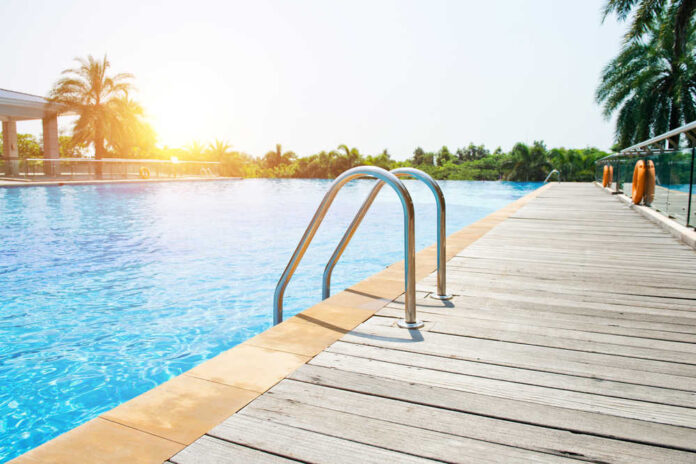
With summer in full swing, you’ll likely spend more time near the water. Whether you’re swimming at the beach or in a pool, boating on a lake, or hiking near a river, it’s essential to be aware of the dangers and precautions of drowning.
There are an estimated 4000 fatal drownings in the US each year and twice as many drownings that aren’t fatal. It’s a leading cause of unintentional death (just behind car crashes) for children under the age of 14.
Can You Drown In Small Amounts Of Water?
It doesn’t take much water to drown. While drownings often occur in large bodies of water like the ocean or a lake, they can also happen in bathtubs and small pools.
As little as a third of a cup of water inhaled into the lungs can be enough to obstruct breathing and cause death—and even less for young children.
And once the lungs are full of water, the airways close down, and breathing stops.
How Quickly Does It Happen?
After just a few minutes without air, the person will lose consciousness as oxygen deprivation sets in.
At this point, the person can still be resuscitated successfully. But if another few minutes pass without oxygen, they will suffer hypoxic convulsions—involuntary muscle spasms.
Brain and organ failure set in soon after, followed by death.
This process can take 4-8 minutes, or even less for young children and older adults.
How To Stay Safe In The Water
Swimming lessons and water education are essential for children and adults alike. Knowing how to swim doesn’t guarantee you won’t drown—but it can significantly reduce your risk. Even the best swimmers can get into trouble in the water, so don’t let your guard down just because you’re a strong swimmer.
Other guidelines to enforce:
- Install barriers to prevent access to water by unsupervised children
- Never leave children unattended when they are in or near water (even a small kiddie pool)
- Watch children (or anyone) closely when they are in or near water, even if they know how to swim
- Wear a life jacket
- Provide inflatables for swimmers to hold onto
- Keep a phone close by in case you need to call for help
- Avoid swimming alone
- Avoid alcohol when swimming, boating, or engaging in other water activities
- Check the weather forecast before heading to the water
- Be aware of the potential for rip currents at the beach
If you or someone you are responsible for cannot swim safely, don’t enter the water without a life jacket or other flotation device.
Training in first aid and CPR can help you save a life if someone does start to drown. Make sure someone is always present who can swim and provide assistance if necessary.






















